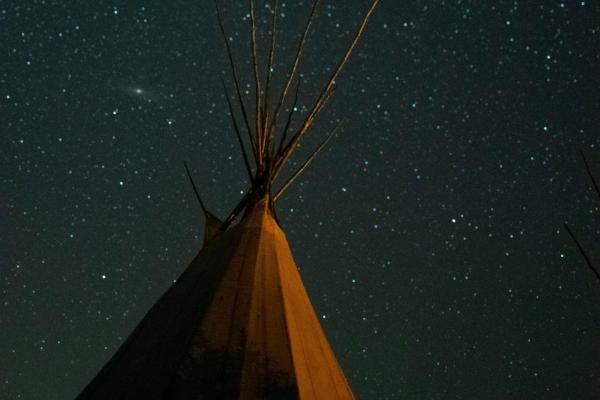With the Native FEWS Certificate, defining your path means stepping into a landscape of expanding horizons where learning is fluid, evolving, and centered on your unique journey. This program invites you to explore a broad spectrum of approaches, from Traditional Ecological Knowledge systems to other relevant cutting-edge scientific innovation, all grounded in reciprocity and real-world impact.
Reciprocity in Science
Reciprocity in science foregrounds the relational dynamics between researchers and the communities or knowledge systems they engage with. By emphasizing mutual accountability, respect, and co-construction of knowledge, our path forward, challenges traditional hierarchies of knowledge production.
This approach recognizes the situatedness of all participants within distinct epistemological frameworks. Learners are encouraged to examine their positionality, value practices outside their own, and form partnerships that honor community agency and ethical responsibility. Such practices strengthen participants as leaders and problem solvers while advancing knowledge that is both socially just and scientifically rigorous, particularly in fields like food, energy, and water systems.
Micro-credentials offer tangible mechanisms for enacting reciprocity by formally recognizing these competencies. Examples include Indigenous Cultural Responsiveness & Positionality, Tribal Governance & Non-Tribal Relations, and Communication, Mediation, Negotiation, & Conflict Resolution. By earning these credentials, learners demonstrate skills that validate contributions beyond traditional academic metrics, redistribute recognition across intersecting knowledge systems, and reinforce mutual accountability in knowledge creation, while honoring contributions of all participants.
Micro-Credentials
Build your skills, broaden your perspectives, and connect with real-world impact through these focused micro-credentials:







